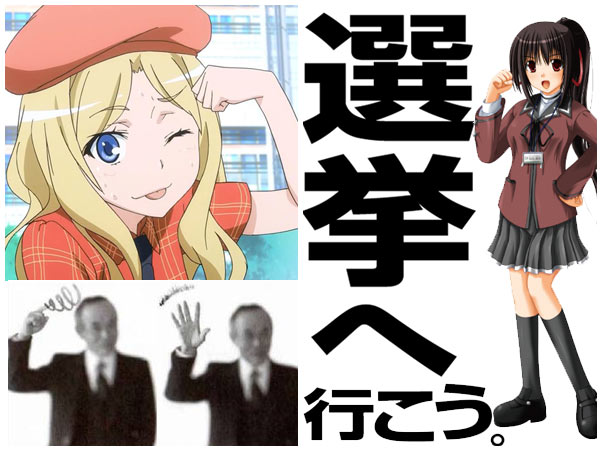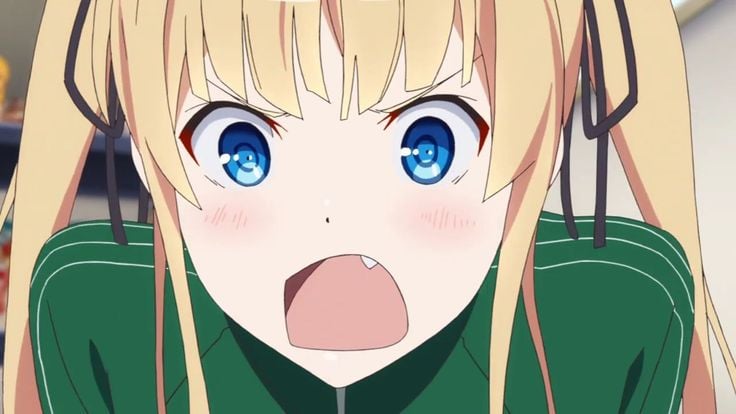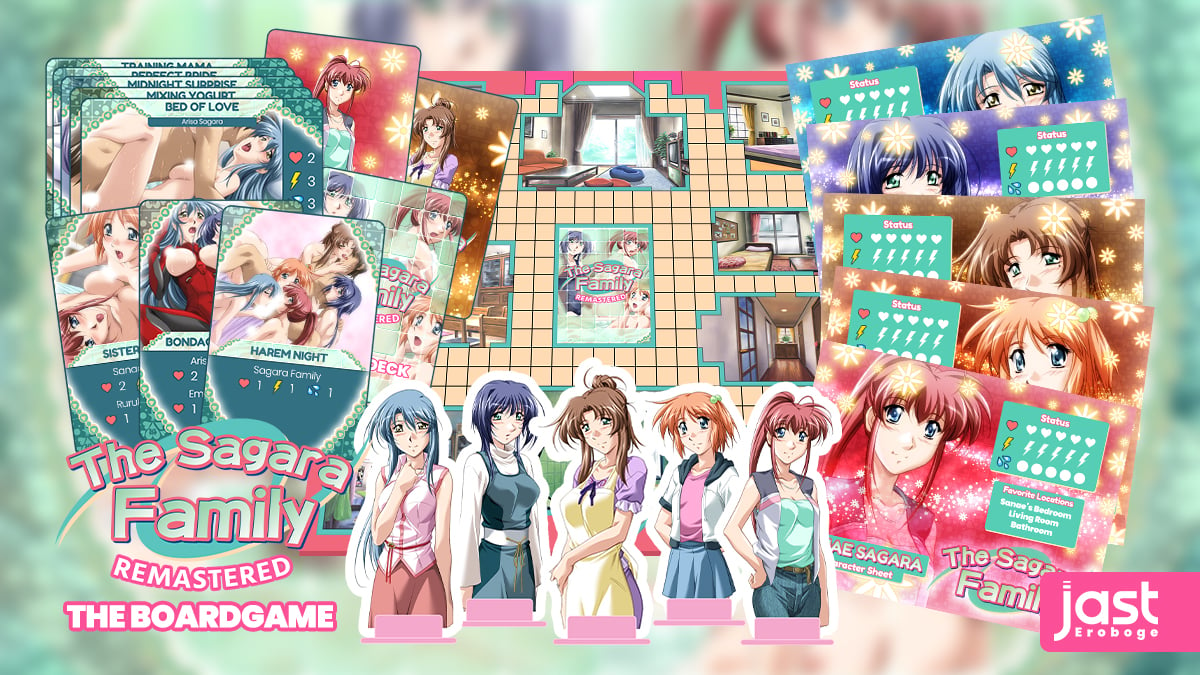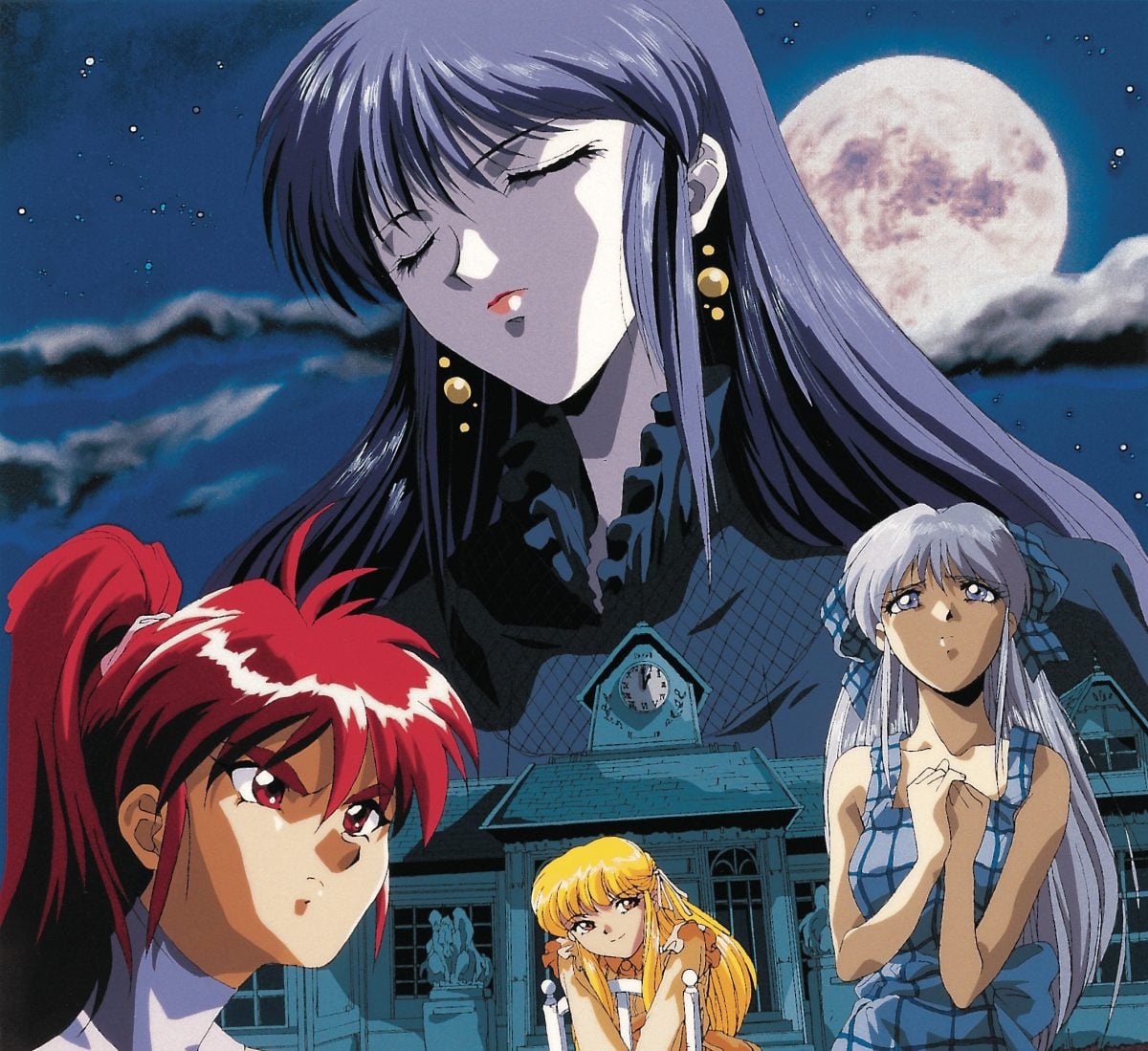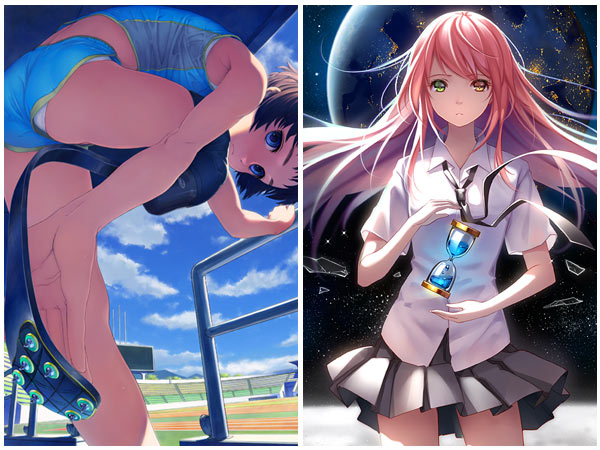baka), and becoming an adult in Japan.
When you come to live in Japan, you get used to certain core concepts. One is that just about everything — the school year, the government’s fiscal year, and nearly every new law passed — starts on April 1st. This date represents the “universal starting point” for the Japanese because…no one knows, actually, but the nearest guess is that it has something to do with cherry blossoms blooming around the beginning of April. Another concept is that the age of “adulthood” is 20 years old, with that being the age you have to be to vote or buy alcohol or cigarettes, and every January big ceremonies are held during which young people who have turned 20 that year gather in smart new suits and vibrant kimonos and celebrate their coming-of-age by listening to long speeches by city elders. Now it looks as if the age required to vote in elections, at least, will be coming down to 18, thanks to a new bill that was recently passed in Japan’s national legislature. The ostensible reason is to bring Japan’s election standards closer to that of other countries, but the real reason is embarrassment at the near-total lack of participation in the democratic process by young people. The average Japanese voter is 52 years old, far older than in any other industrialized country, and virtually no young people even care about politics at all.
Another unique aspect of Japan is the dearth of anatomically-derived profanity in the language, which is quite different from the colorful words we have in English. The “s” word exists — it’s kuso! if you wanted to know — but characters in kid’s TV shows say it regularly, so it doesn’t have the same shock value it does with us. Pretty much the most common insult in Japanese is 馬鹿 baka, meaning “stupid” or “idiot.” Someone nearly hits your car in an intersection? Let fly with a 馬鹿野郎 baka yaro! (“stupid jerk!”). Your gaijin husband mistakes a mimikaki ear cleaner for one of those sacred bamboo spoons used in Japanese tea ceremony? Say 馬鹿じゃない? baka ja nai? (“what are you, stupid?”). The word is also found in Japanese proverbs, like 馬鹿につける薬はない baka ni tsukeru kusuri wa nai, or “there’s no cure for stupidity.” The word baka is written with the characters for “horse” and “deer” and there’s an interesting legend about how this word came to be. It seems that in ancient China there was an Emperor who was not very well liked by his retainers. One day, one of his underlings presented the Emperor with a deer, instead of a horse as was customary back in those days. When the Emperor pointed out that it was a deer, the man insisted that no, it’s a horse. He kept this up until he convinced his lord that the deer was, in fact, a horse, and thus Emperor became famous throughout the land for being so stupid that he couldn’t tell the difference between the two animals.
J-List and our sister company JAST USA work hard to bring you the best English-translated visual novels from Japan, and one thing we’ve been doing lately is really giving you outstanding Limited Editions of games, like Littlewitch Romanesque, which is a great game. The newest game we’ve got for you is Starless, which is finally shipping after a last-minute problem with the glue that holds the large Japan-style boxes. The game — the best work by Bible Black creator Sei Shoujo’s — is simply amazing, and our limited boxed edition is extra cool because of the 62 page glossy official artbook filled with art to browse and drool over. Best of all, there’s an English interview with Sei Shoujo-sensei on how he started illustrating eroge, what has influenced his work and how he feels about having fans around the world. Order the game now!


